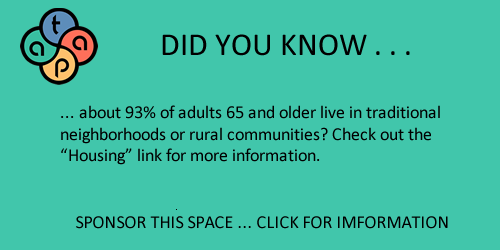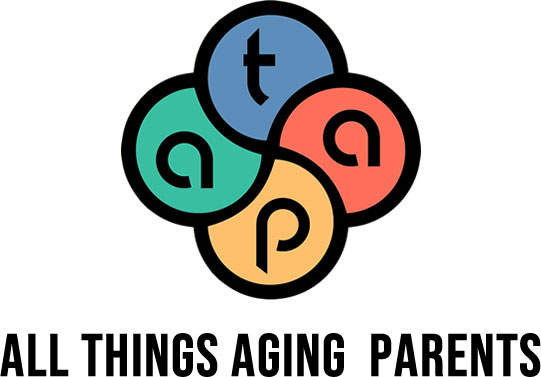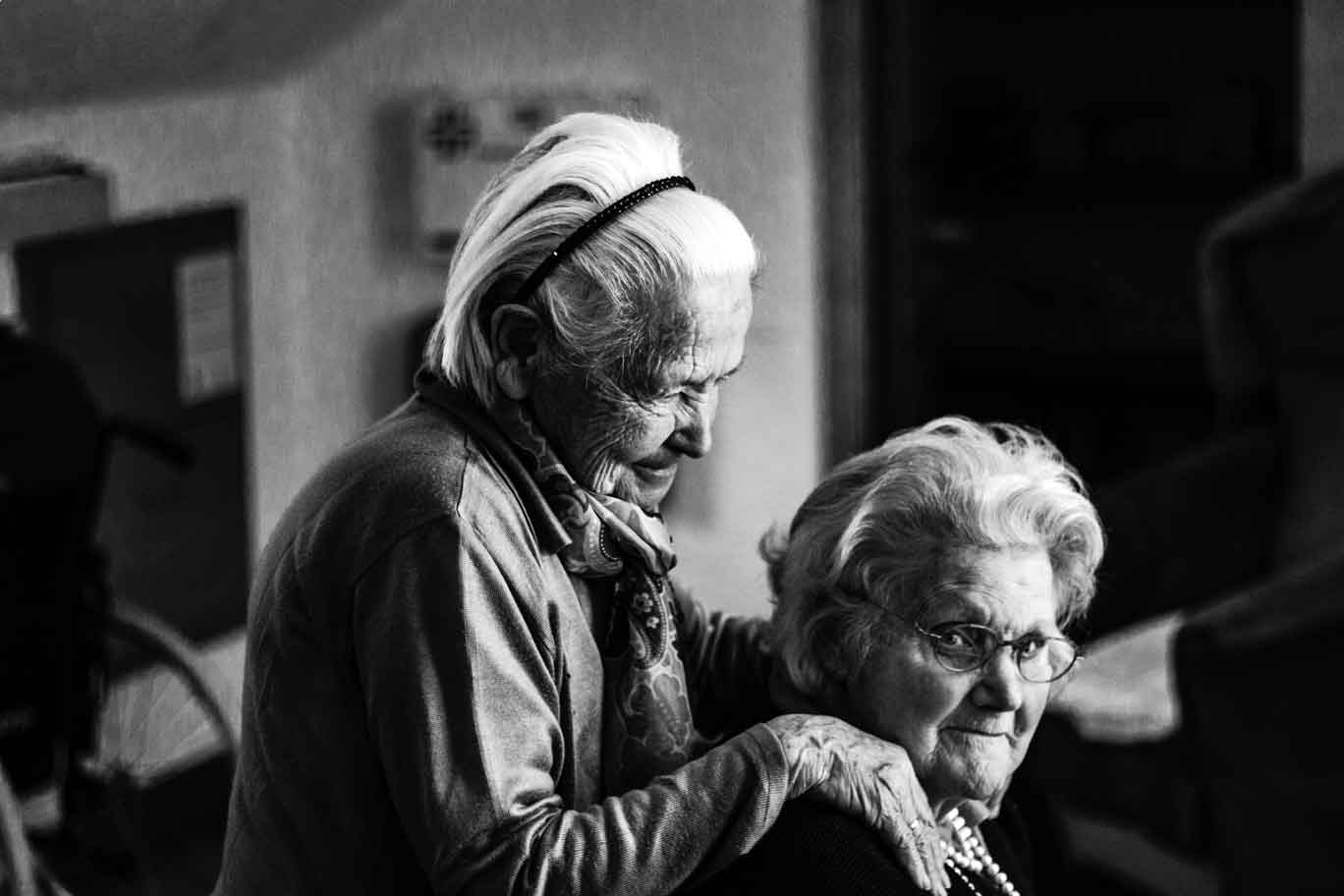Previous Insights
Reimagining a Full Senior Life
Marianne Smith
A good friend recently gave me the #1 New York Times Bestseller Being Mortal by Atul Gawande. Knowing my passion for All Things Aging Parents, she thought it would be a valuable addition to my resource library. I thought she was probably right, but what I was not expecting was a riveting book that read like a novel, but incorporated so many principles about the lives of older people that I’m coming to feel are invaluable. The best kind of writing, in my opinion, is that which puts into words something I sense intuitively but have never read. This was one of those books.
Dr. Atul Gawande, a practicing surgeon (a surgeon!), recognizes that life for our elders (and terminally ill) has too often become dictated by their medical needs and the most efficient way to manage those, rather than helping them to live their fullest possible lives right now. Sometimes a tradeoff is made – giving up the quality of their current life to gain more time later. Gawande argues in favor of encouraging seniors to maintain the most possible control over their destiny. “All we ask,” he says, “is to be allowed to remain the writers of our own story…we want to retain the freedom to shape our lives in ways consistent with our character and loyalties” (page 140).
We have become used to the idea of the traditional downward path of our parents’ health leading them from independent living to assisted living, and ultimately (almost unavoidably) to a nursing home. We don’t like it, but the value of keeping our parents safe has overridden all other considerations. (Sadly, as adult children of aging parents that is often our only priority!) And maintaining industry efficiency has meant that the individual has no control over when they get up, when they shower, when they eat, what activities they pursue…basically, no control at all. But most of us don’t have the imagination to develop alternatives.
The problem with medicine and the institutions it has spawned for the care of the sick and the old is not that they have had an incorrect view of what makes life significant. The problem is that they have had almost no view at all. Medicine’s focus is narrow. Medical professionals concentrate on repair of health, not sustenance of the soul. Yet – and this is the painful paradox – we have decided that they should be the ones who largely define how we live in our waning days (page 128).
Reading the stories in Being Mortal reminded me all too much of my parents. My father never did reconcile to being in assisted living, even though he knew my mother needed the daily help. What I didn’t fully recognize was that this vital man of 100 years old had to give up all of his autonomy, all of his choices, all of his lifestyle to live on a schedule designed for the convenience of all the residents. After he passed (within a year of the move), my family knew my mother (with late-stage dementia) needed more help than she would get at that facility, but all we knew was to put her in a nursing home, where her physical needs would be met. We didn’t know there was a different option until my daughter told us about a cozy(-ish) memory care unit that would help her be able to participate in life as much as she could.
But there is hope. Gawande describes several experiments in bringing full life back into the control of the individuals – a low-rent apartment community whose director decided to do whatever it took to allow her tenants to age in place, so they could continue living the way they enjoyed; a community with each wing built like a home (with all private rooms) where the caregivers were “generalists,” meeting the needs of each resident as they arose instead of operating on a dictated schedule, letting the residents set the pace and organize activities; and my favorite, a Harvard-trained doctor who decided to bring life back into his nursing home residents through the addition of gardens, children, live plants, 2 dogs, 4 cats, and 100 parakeets! (Spoiler: it worked!) There are innovators out there who are re-thinking what life, real life, might look like for our parents. As crazy as some of their ideas may seem, isn’t it worth experimenting with some unconventional concepts in order to let our parents maintain the fullness of the lives they have lived for so long? In the midst of this, Dr. Gawande recognizes that we are tentatively feeling our way toward a new way of assisting in their lives, but it is a work in progress.
How do we find something like this for our parents? Great question. The last thing we want to do is to add yet another layer of guilt on already guilt-ridden caregivers (although, remember that we are reframing guilt as regret). And to be brutally honest, I was sort of glad that I read this book after my parents had already passed because the thought of locating something like this seemed pretty tough. I haven’t found a list of questions that can really discern the culture of a community. Most of the questions on the “list of questions to ask” about a facility are focused on safety and medical issues. But does it feel like home? There are some attitudes and philosophies we can discern as we explore places for them to live. Are the caregivers person-centered – do they look you in the eye when you pass them in the hallway? Do they offer opportunities for individual expression – art classes or studios, a piano or other instruments, libraries? How rigid does the schedule seem to be? How well do the caregivers know (or care to know) the residents? Let’s be our own village as we explore this. Use the comments to add to our list of questions or observations in looking for a life-giving community for our parents.
Viva la revolución!
[Being Mortal, by Atul Gawande, is available on Amazon here: https://www.amazon.com/Being-Mortal-Medicine-What-Matters-ebook/dp/B00JCW0BCY/ref=sr_1_3?crid=LH44AHMHM7AJ&keywords=being+mortal+atul+gawande&qid=1564691449&s=books&sprefix=Being+Mortal%2Caps%2C165&sr=1-3]
Here are some links to some innovative movements:
- The Eden Alternative: https://www.edenalt.org/
- The Green House Project: https://www.thegreenhouseproject.org/
- The Village Movement: https://www.helpfulvillage.com/the_village_movement


The information contained in this website is provided as a service to the Internet community, and does not constitute legal or medical advice. All Things Aging Parents works to provide quality information, but we make no claims, promises or guarantees about the accuracy, completeness, or adequacy of the information contained in or linked to this website. Information should be researched and used in light of the specific circumstances of each case. Because laws and policies are constantly hanging, nothing provided here should be used as a substitute for professional advice.
Senior care is a challenging and constantly changing topic. In order to stay relevant to your needs, ATAP welcomes your comments and suggestions. Please email us at: info@allthingsagingparents.com
All Things Aging Parents helps families during the overwhelming times of changing family dynamics and responsibilities. We don't want to add stress to this process so we offer our information free of commitment. Our sponsors make this possible. Please click here for more information about becoming a sponsor.
Privacy Policy


